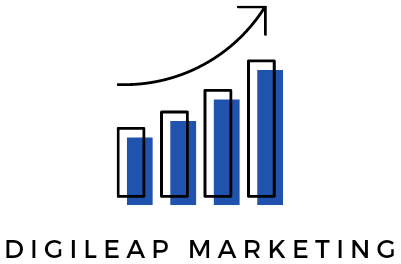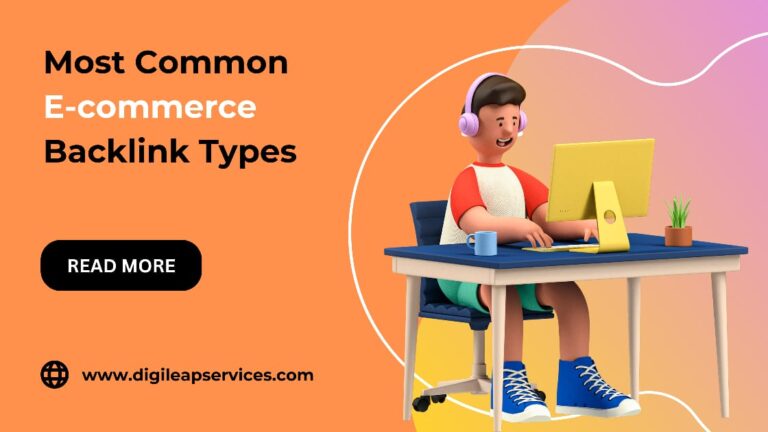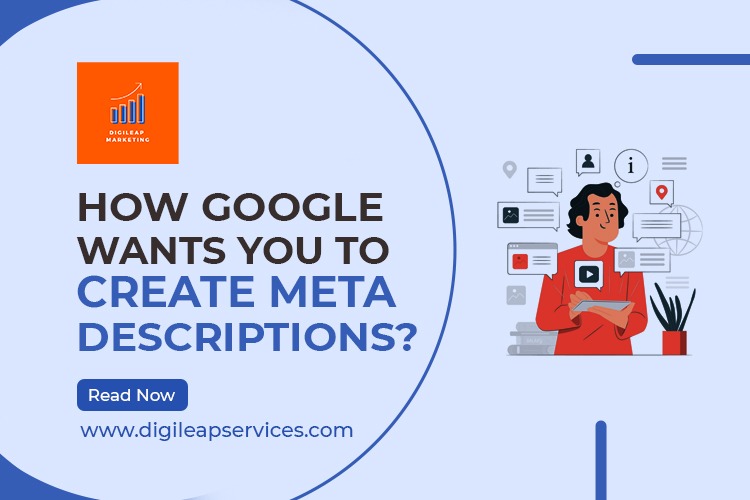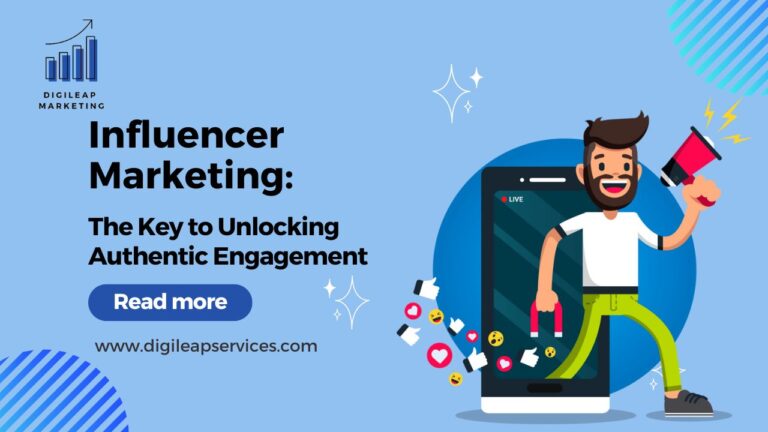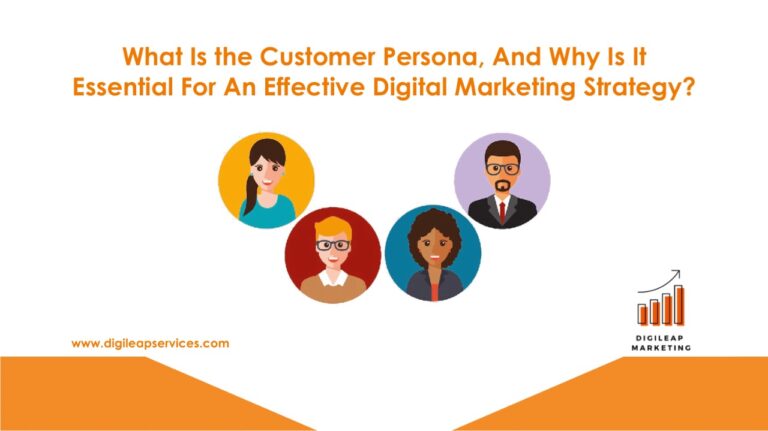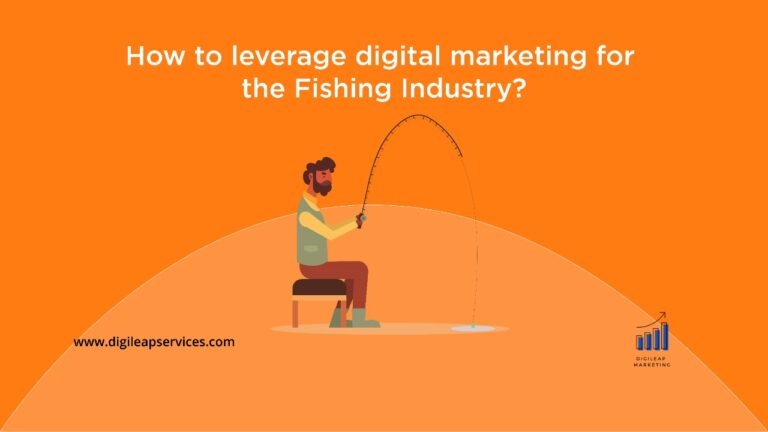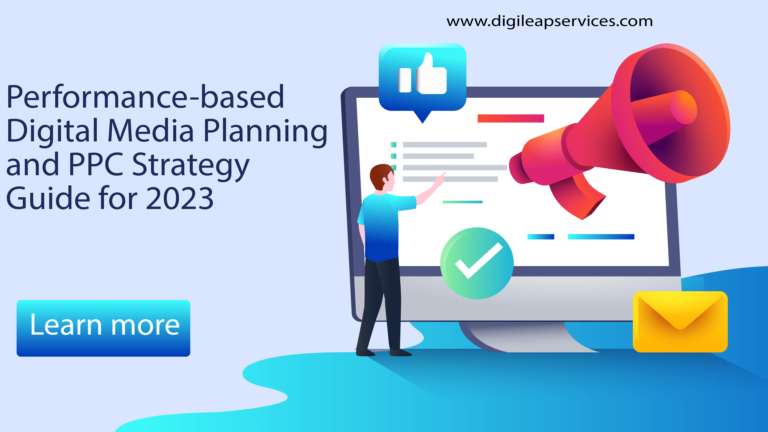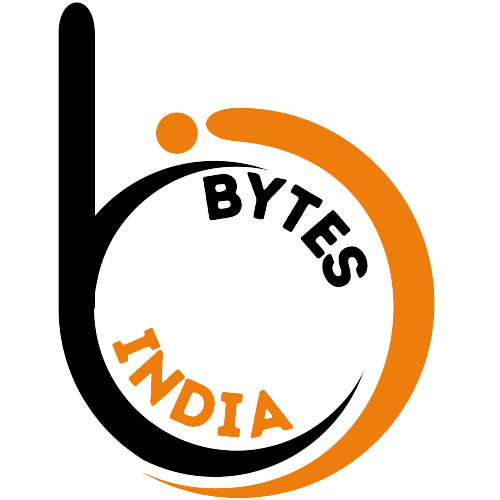SEO VS PPC – Pros Cons & Everything in between
Search engine optimization (SEO) and pay-per-click advertising (PPC) are two of the world’s most popular digital marketing. They both have a lot to offer expanding organizations, and they’re excellent methods to utilize if you want to stay ahead of the competition. However, many businesses are unsure which is superior when it comes to SEO and PPC. If you’re wondering the same thing, you’ve come to the correct spot because this SEO vs PPC guide has the answers. Pricing and positioning While PPC advertising displays above organic listings at the top of search results, you must pay for each ad click. Organic SEO traffic is free, but your site shows underneath paid ads in search results.
- Pay-per-clickPPC
PPC advertising allows you to display adverts in the sponsored results portion of each search engine’s results page, and you are charged a fee when that ad is clicked. If you want immediate clicks to your website, PPC is a much shorter race than a sprint because you may begin showing results on the top page right away. The amount you bid on keywords, the quality score of your advertising, and the landing pages that the ads point to all influence your PPC rankings. The primary deciding element between the two is the amount of money you have to work with.
Pros:
1. PPC necessitates ongoing investment.
When the money runs out, so do the advertisements. While you may acquire some branded traffic in the future, unbranded search traffic will vanish when the ads cease running. It also takes a long time to build a good quality score, which means you’ll pay a lot more when you first start and will continue to spend a lot for months. So, even if PPC can be reasonable, you may not have the funds for it, especially if you are a start-up or small firm. Essentially, you’re paying to ensure that your firm can be found online, which can eat into your marketing budget if you’re not careful.
2. PPC gives immediate results.
If you are starting with a website or a new firm, you want to get your new site/name out there as quickly as possible. In the short race of SEO vs. PPC, PPC works faster, but faster does not always imply a long term. This is particularly useful if you have unique campaigns or events requiring awareness but cannot be planned months ahead.
3. PPC has flexibility.
You may choose which keywords to bid more on, how much you want to spend per day, and even suspend your campaign if you are nearing the end of your budget. You can also specify where your adverts should appear and where they should not appear.
CONS
1. PPC necessitates ongoing investment.
When the money runs out, so do the advertisements. While you may acquire some branded traffic in the future, unbranded search traffic will vanish when the ads cease running. It also takes a long time to build a good quality score, which means you’ll pay a lot more when you first start and will continue to spend a lot for months. So, even if PPC can be reasonable, you may not have the funds for it, especially if you are a start-up or small firm. Essentially, you’re paying to ensure that your firm can be found online, which can eat into your marketing budget if you’re not careful.
Some users are discouraged by PPC.
Because of an ad tag, PPC listings appear to be advertising and are purposefully placed where they are. Many individuals despise advertisements, refuse to click on them, or do not understand what they are and do not trust them.
2. PPC expenses mount up.
Even if you can regulate your PPC campaign budget, costs may accumulate, and you may end up paying more money than you intended. PPC traffic to your site is entirely contingent on the amount of money you invest in it. If the keywords you want to target are highly competitive, they may be pricey and quickly deplete your budget.
3. PPC has a learning curve.
Many organizations find it tough to begin PPC since platforms such as Google Ads are relatively sophisticated. Creating a viable PPC campaign for any business takes a lot of research and practice, especially when you’re just starting.
- Search Engine Optimization
SEO stands for Search Engine Optimization, and it is the process of optimizing a website’s technical configuration, content relevancy, and link popularity so that its pages are easier to locate, more convenient, and more popular among search queries; as a result, it helps the company to grow more. SEO is the process of obtaining visitors through search engine free or natural listings.
PROS
1. SEO is completely free.
When you use SEO, your website has a great chance of reaching new clients without you having to contribute any dollars directly to an advertising budget. That means your clients actively seek you out, rather than you seeking them out, and they can find you in Google search results.
2. SEO provides long-term benefits.
Once you’ve executed all of the SEO best practices, such as developing excellent, keyword-rich content and a strong linking profile, the results will outlive your efforts. That means your website will continue to draw visitors indefinitely.
3. SEO generates relevant and focused traffic.
Long-tail keywords, which are three to five-word phrases that refine a search term to be more specific, can be used in SEO.
4. SEO promotes a user-friendly website.
The significant distinction between SEO and PPC is that with PPC, you pay for traffic, whereas with advanced SEO, you earn visitors by enhancing your site and adhering to best practices. It may be time-consuming, but it will be worthwhile in the long term due to the increased usability of your site.
CONS
1. SEO must contend with ever-changing Google algorithms.
A common criticism regarding SEO is that all of the work you put into your site to bring it to the first page results could be wiped out if Google makes algorithm modifications. SEO necessitates continual upkeep. Keyword research, content updates, link building, and other SEO elements must all be reviewed and updated regularly if your site is to retain or improve its ranks.
2. SEO requires time.
When comparing SEO vs. PPC, the time lag with SEO can be a disadvantage compared to the instantaneous results of PPC. A boost in ranks or traffic can take anywhere from one to three months. This also depends on how much optimization is required before launching your site. You must do everything yourself if you do not want to pay an agency. That entails months of effort with little reward. Even if you hire an agency, you can expect to wait a few months before seeing results.
Both SEO and PPC have distinct pros and downsides. Most marketers choose SEO if they have to pick one. SEO is more cost-effective than PPC. SEO can generate long-term website traffic and revenue at a lower cost than PPC.
